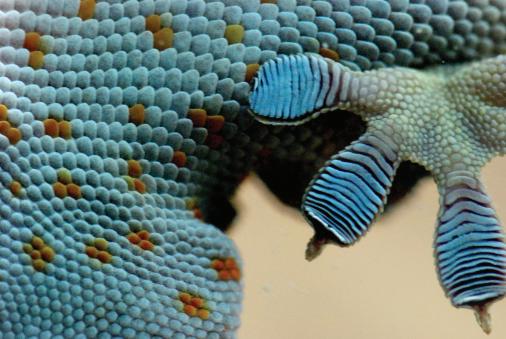
2 minute read
PETS


Advertisement


pets Ask a vet
Dr Pauline Taylor on helping pets adjust to a new home
Dr Pauline Pets Central veterinarian
What tips do you have for moving house with pets?
Moving home is as stressful for pets as it is for you. I suggest well in advance of the moving day, pets are introduced to their travel bags or crates and whenever possible it’s best to transport them yourself, if it’s a local move.
Before movers come, be sure to secure your pets to one area of the house or take them to a neighbours. Once you arrive at the new house, it is equally important to keep pets curtailed to one area or room. Make this area as comfortable as possible with feeding dishes, toys, bed and litter box. Depending on your pet’s behavior, you can let them explore a little more of the new home.


We are planning to move into a smaller house with two dogs, will they be okay?
When you move I suggest you try and keep to your normal routine, they do best with a set day. If they normally get a one hour walk at 8am and 4pm try and give them that on the moving day, and thereafter.
If you watch your dog when it’s sleeping, they actually don’t need much space. If they have a bed or basket, the dogs will probably jump in and snuggle up. You may find they sleep even more due to new and exciting smells and experiences.

Do cats run back to the old house when they move?
I’ve talked to clients who have told me about some miraculous journeys cats have made involving many kilometers and even over highways. Cats travelling like this have mystified scientists for a long time. Theories put forward liken these journeys by cats to ancient human travelers using the stars as a compass or being influenced by the Earth’s magnetic forces. At this time to my knowledge we really don’t understand how a cat can travel great distances by itself.
My cat has been hiding in our new place for a few days, is this normal?
This is very normal behavior for cats after a move. Your cat is exhibiting signs of anxiety and is afraid and you’ve probably been busy with less time to comfort her. If the behavior continues or if your cat isn’t eating or drinking, beware. During stressful times cats can create medical emergencies for themselves, including difficulty or the inability to urinate or even heart attacks. Please make time for your cat and create a safe spot for her to feel secure and find her daily needs nearby.
Be patient but monitor her carefully. If you are soon to move your cat, make sure you tell her in advance what is going to happen, talk to her.









